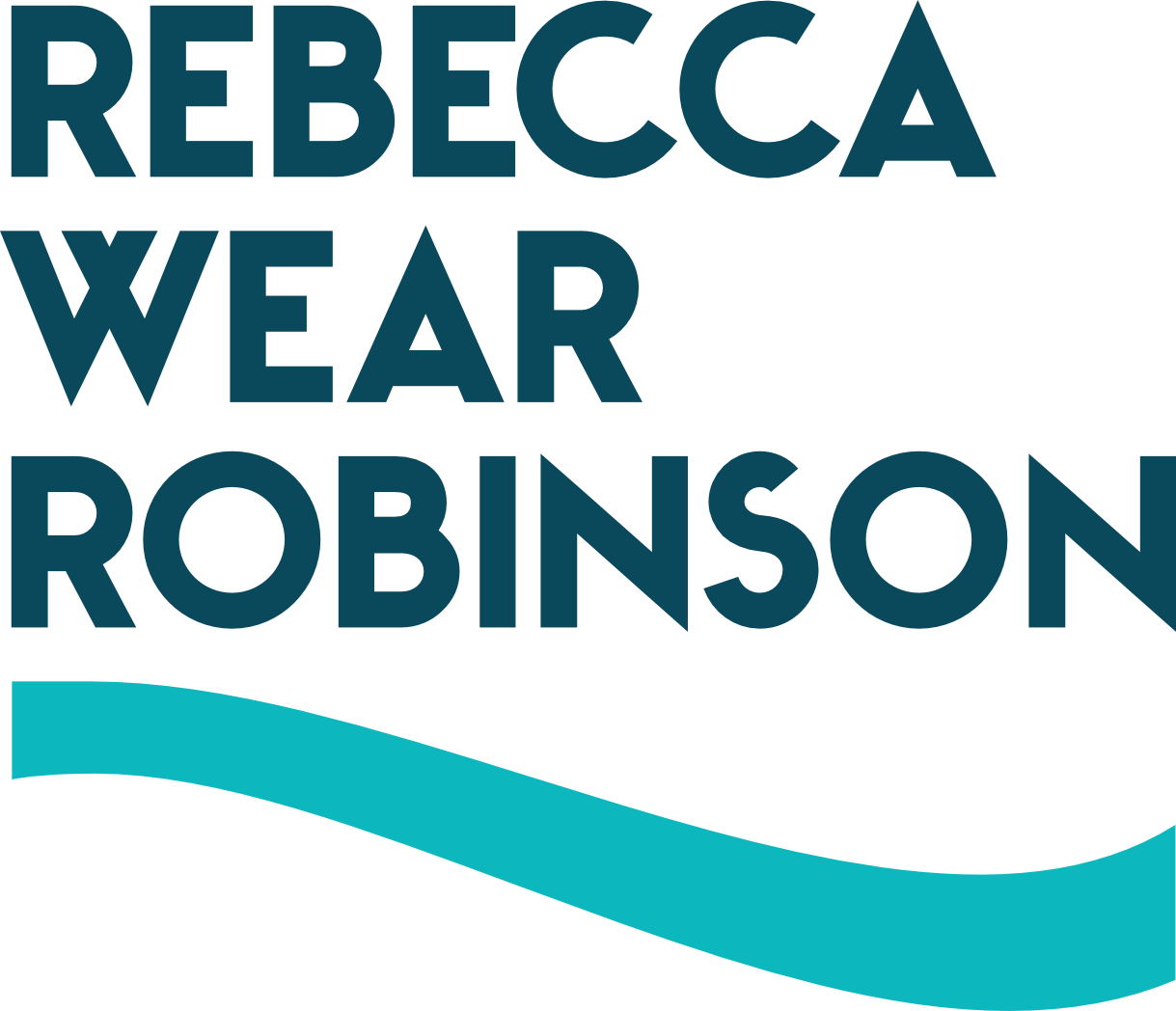College apps - more than checking the boxes
“It will look good on your college application.”
I wonder how often students hear that phrase?
Extracurricular activities. Team sports. Club sports. Community service. AP classes. Honors classes. Grade pressure. Tutoring. Testing, testing, and more testing. All in pursuit of the holy grail - college acceptance, preferably at ‘the’ college.
Time and again I see parents from preschool up to junior year in high school focusing on how to get accepted into “the” school, because they think their kids are amazing. I get it. I’m a mom. I happen to believe that my kids are the most amazing, talented, and wonderful people on the planet. Although my kids have informed me that I might be just a wee bit biased, I retain this belief.
But then comes the bucket of cold water - junior year of high school. The statistics about actual acceptance rates. The reality that unless you donated $5 million to “the” school, preferably after graduating from “the” school, there are no guarantees. The horror stories, whispered on the activity sidelines - the student who scored perfectly on the SAT and ACT, got straight A’s, became a dot.com billionaire before age 14, won the Nobel Peace Prize, and spends their spare time writing poetry and escorting old ladies across the street - and they weren’t accepted anywhere.
Panic sets in. Parents either throw up their hands in despair, reach a new low of nagging and yelling, double-down on the “it will look good” activities, or, as we have seen recently, cheat.
But what about the students? How do they feel about this process?
No parent, or student, would consciously choose every activity based on how it looks rather than pure enjoyment or a genuine interest, but the layer of pressure is always there. The pressure to get into college can turn a kid into a commodity rather than a complex, fascinating, fast-changing, free-associating-teen-brain, extremely cool person. Worse, they can start viewing themselves as a commodity which either succeeds or failures based on other people’s criteria rather than seeing how they personally will succeed by drawing on all their strengths and skills.
I’ve done a lot of coaching of young people over the years. 15-25 is my favorite age group. I’ve coached 20-something entrepreneurs, recent college grads looking for the first job or the first career change, Boy Scout Eagle candidates, Girl Scouts, foreign exchange students, and high school seniors working on their college applications.
I like how young people think. I like how they view the world and how they know they can change the world. They challenge my entrenched ideas and make me look at old problems in new ways. And in return, I enjoy helping them put together the pieces of their own experience. I hold up the mirror so that they see themselves with new eyes. I help them create their own story as I walk them through the process of diving into what they like and dislike, their strengths and weaknesses, their goals, aspirations, and dreams. I help them see beyond the framework that has defined their childhood years to develop a clear picture of the amazing adult they are becoming.
My goal is to work with your student to create a solid college application that stands out.
An application which tells a cohesive and compelling story about each student - a story which will convince colleges that this student will contribute positively and should be accepted at the schools of their choice. My goal is also that each student that I work with feels better about themself, appreciates their own unique story, and knows how they stand out. Because for young adults, the race doesn’t end with college applications, it’s just the beginning. Deciding what they want to do with their life, how to be successful in college and life, how to be an adult separating from the full-time parental influence - college is the beginning of their entire adult life and I want them to start the journey with confidence and excitement.
After working with me, your student will have:
Extracurricular activity descriptions which tell a compelling and cohesive story.
Standard essay editing - spelling, grammar, and flow.
A positive and clear view of their own strengths and skills and an understanding of how they can use supplemental essays to strengthen their story.
This process is typically concluded in one 2-hour meeting. I can also edit supplemental essays for spelling, grammar, and flow, and to ensure that they are adding to the story in the primary application. This typically takes 30-60 minutes including a short period talking with your student.
Where I work:
In person: In the south-west and western suburbs of Chicago I typically meet with your student in the public library. We can meet in your home if at least one parent is also on the premises. I’m a parent too, so your student’s privacy and safety is my priority. I’ve undergone Youth Protection Training for Girl Scouts, Boy Scouts, my church, and my children’s schools.
Remotely: I can work with your student via video conference as well, using Zoom. Similar to an in-home meeting, I require one parent to be close enough to be monitoring or checking in during the call.
I’ve never met a young person who wasn’t fascinating and accomplished. I look forward to working with your student so that their targeted colleges see your student through the same positive lens.

